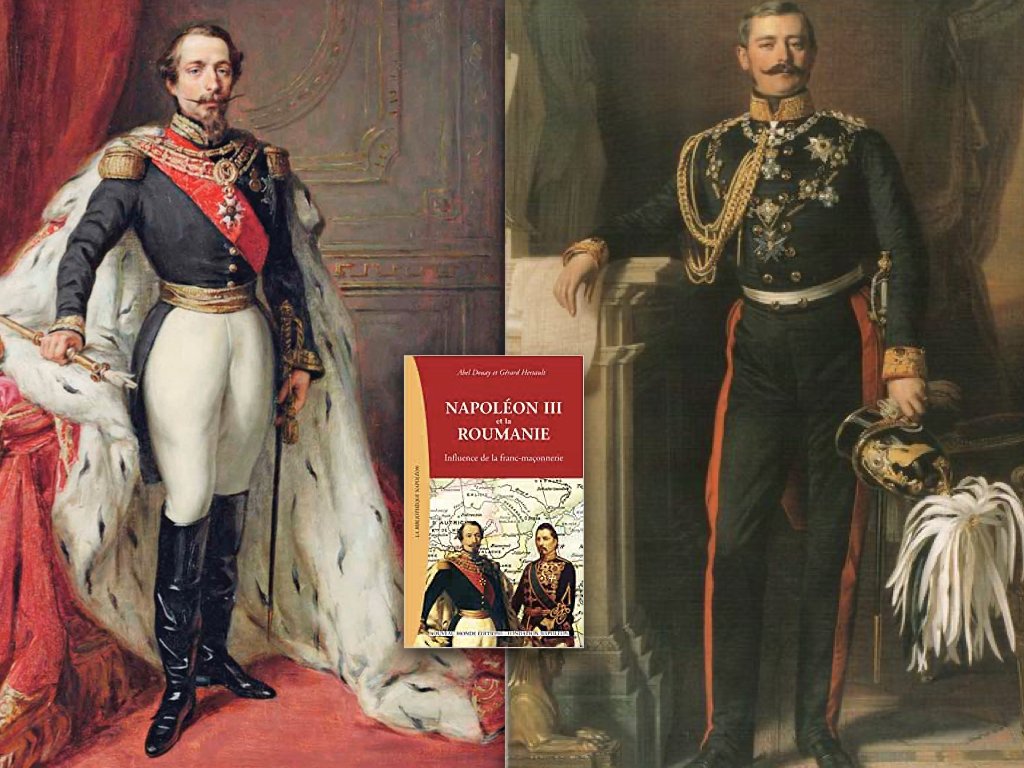“Chaque Roumain a deux patries; la seconde c’est la France”
Ion Bratianu.
The French model and the fundamental institutions of modern Romania
France was unquestionably the most important external moral and material support in the process of building the modern Romanian state. For the modernisation of the army and the administration, Al. I. Cuza asked France for a military and a civilian mission which arrived in Romania and played an important role in the organisation of Romanian state administrative institutions, which broadly followed the French model.
Thus were born, taking into account their French counterparts, the Court of Accounts, the House of Deposits and Consignments, the University, the Conservatory, the permanent county and municipal councils. Civil and military regulations were taken over and adopted and a whole range of specialist terminology was introduced. In central and local government, in justice, in the army and finance, in communications and public works, in all administrative sectors, in education and health, terms of French origin predominated.
On the spot, Al. I. Cuza benefited most of the time from the support of the Emperor through the involvement of French diplomats. The completion of the Union in 1861, the secularization of the monastery estates, the coup d'état, the agrarian reform, the Statute of Development are just a few of Al. I. Cuza which generally enjoyed the acceptance and support of France.
France's protective aid, diplomatic assistance, political support, and inspiration from the French model were all possible after 1859, thanks to the same policy of Napoleon III, which retained a component of support for national movements, at the confluence of a broad strategy of its own in Eastern Europe.
However, the period 1860-1865 also reveals a series of tensions generated in the relations of the United Principalities with France, suggesting a certain consummation of the eastern policy of this power, as the problem of national unification in central and eastern Europe entered a new phase and the aspirations of the Romanians began to go beyond the limits that Napoleon III's France could afford42.
The Romanian state obviously became a fulcrum of French political influence and economic expansion in south-eastern Europe, but dynamic realities quickly generated new positioning.
How Emperor Napoleon III made Romania a modern state free from the " vassalage to the Turk”
